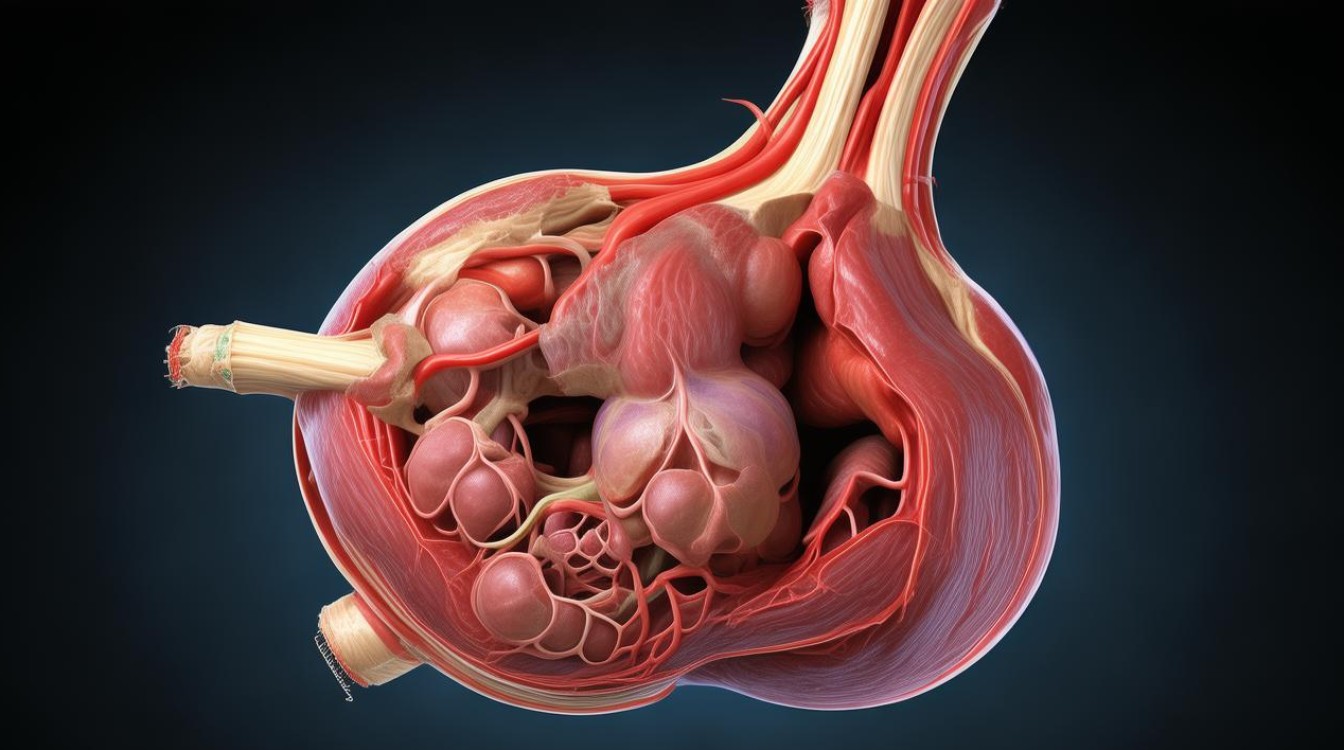基础定义:从生理器官到抽象概念
"Stomach"最直接的含义是指人体消化系统的重要器官——胃。

"The doctor examined his stomach and found no issues."
(医生检查了他的胃,未发现问题。)
但它的用法不仅限于此,作为动词时,"stomach"表示“忍受”或“容忍”,常用于否定句或疑问句,带有情感色彩:
"I can't stomach his arrogant attitude."
(我无法忍受他傲慢的态度。)
这种从具体到抽象的延伸,体现了英语词汇的灵活性。
词源追溯:历史演变中的意义拓展
"Stomach"源自拉丁语"stomachus",最早通过古法语"estomac"进入英语,在14世纪,它仅指生理上的胃部;到了16世纪,逐渐衍生出“食欲”“忍耐力”等抽象含义,莎士比亚在戏剧《李尔王》中曾写道:
"I have no way, and therefore want no eyes; I stumbled when I saw. Full oft ’tis seen, our means secure us, and our mere defects prove our commodities."
(此处"stomach"隐喻“勇气”与“承受力”。)
词义的演变反映了人类对身体与情感关联的认知。

常见搭配与实用例句
掌握固定搭配能提升语言的地道性,以下是三类高频用法:
-
医学与健康场景
- "upset stomach"(胃部不适)
"Spicy food may cause an upset stomach."
- "stomach ache"(胃痛)
"She drank ginger tea to relieve her stomach ache."
- "upset stomach"(胃部不适)
-
情感与忍耐表达
- "cannot stomach something"(无法容忍)
"Many viewers cannot stomach violent scenes in movies."
- "have no stomach for"(对……缺乏勇气/兴趣)
"He had no stomach for the risky investment."

- "cannot stomach something"(无法容忍)
-
习语与隐喻
- "butterflies in one's stomach"(紧张不安)
"Before the speech, she felt butterflies in her stomach."
- "on an empty stomach"(空腹时)
"Taking medicine on an empty stomach may cause nausea."
- "butterflies in one's stomach"(紧张不安)
文化视角:东西方对“胃”的不同理解
在西方文化中,"stomach"常与情绪关联,英语用"gut feeling"(直觉)强调腹部感知,而中文更倾向“心里觉得”,这种差异源于古希腊“体液学说”,认为胃是情绪的中心之一。
相比之下,中医将胃视为“后天之本”,强调其与脾的协同作用,脾胃虚弱”需调理饮食,而非直接对应英语的"stomach problem"。
易混淆词汇辨析
-
Stomach vs. Belly
- "Stomach"更正式,多指器官或抽象忍耐;
- "Belly"偏口语化,可泛指腹部(如"belly dance")。
-
Stomach vs. Tummy

- "Tummy"是儿童用语或亲密表达(如"tummy pain");
- "Stomach"适用于所有场合。
在学术与文学中的应用
科学文献中,"stomach"需严格指代解剖结构,
"The study focused on gastric acid secretion in the stomach."
而文学作品中,它可能象征忍耐或欲望,如《哈利·波特》中罗恩的台词:
"I wouldn’t stomach that if I were you!"
(暗示对行为的强烈排斥。)

